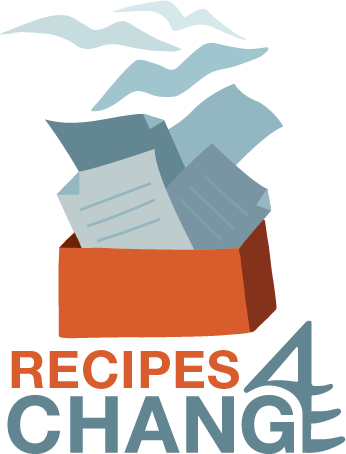Write Your Way to a Happier and Healthier You
I was one of the candidates who took Jo Parfitt’s “The Naked Writer” course in October 2012. The course was made of six two and half hour sessions where we learn how to write from a place of pain. Incidentally, or perhaps this was orchestrated by my unconscious mind, two weeks prior to the start of the course I saw my eldest daughter through her move to the University in London. The experience of having to let go of a child to the care of the universe knocked me out of balance. I came back home and discovered that my mental/spiritual/emotional system was paralysed. I was able to carry out the basics but nothing more. My creative mind was at a standstill and I felt like an engine that had suddenly ran out of fuel, and no matter how many times I turned on the ignition, I couldn’t get it functioning again.
On my first session at “The Naked Writer”, I was raw with emotion. There was about 10 or 12 of us who made it to the first session. As fate would have it, Jo shared a poem she had written as part of her introduction to what it really means to write nakedly, from a place of pain. The poem was to do with how she felt when her son left home and went away to University. On hearing it I was so overcome with emotion that I had to rush to the powder room and compose myself. Since my experience was still so fresh, Jo suggested I write about this very thing that hurts as my homework for the next session. So I did. It was not easy and I started and stopped on many occasions, as sobbing sometimes made it impossible for me to continue writing. Somehow I persisted and finally I was able to finish my piece just in time to share with the class on our next session. Then something interesting happened. I turned the ignition on my life and I was able to function again! I felt peaceful and re-charged after being able to write about my experience. I was healed. This was the second time that I feel a sudden surge of energy and a feeling of peace within me after writing about a painful experience. It got me thinking about writing as a tool for healing, and how that tool is applied within NLP.
In NLP the first task we assign clients is ask that they write a personal history related to their issue at hand. We ask clients to write anything and everything that comes to mind in relation to their problem and when done to look at what they had written and see if they can see any patterns there. It is amazing how this exercise already makes a huge difference on the mental and emotional states of the clients, and how certain things they did not see before suddenly come to their awareness. In other words writing their personal history becomes the first step towards the positive change they are seeking — the first step towards healing.
Again, In NLP, we encourage clients to write down their goals. It has been proven time and again that you are more likely to achieve your goal if you have it written down.
Some lines of therapy suggest writing a letter in which you put down experiences or words that for one reason or another you weren’t able to say. In “Letters Never Sent”, Ruth Van Reken did just that, and she did admit to the fact that writing the book was extremely healing.
Niamh Ni Bhroin is another example of someone who experienced healing as a result of writing “The Singing Warrior” which tells her life story.
‘When people are given the opportunity to write about emotional upheavals, they often experience improved health” says Dr James Pennbaker of the University of Texas at Austin.
Dr Pennebaker has conducted studies for 20 years about the effect of writing as a healing tool. He gave people assignments to do with writing about an emotional upheaval in their lives for 15-20 minutes a day for 4 consecutive days. Those that did experienced positive changes such as a strengthened immune system, improved grades or even a total life change.
Mr Ron Capps, a war veteran used writing to make sense of his ten-year war experiences and used it to heal himself from PTSD. He was so inspired that he used what he learnt to help others by starting The Veterans Writing Project to help other Veterans transition into civilian life.
In order to write as a form of self-healing, grammar and punctuation is not important. What is important is using words that truly express your emotions.
Here are some tips on how to write to heal:
Set a time daily where you can have 20 minutes in which to write uninterruptedly.
Practice free writing, writing anything that comes to mind regardless of the grammar or sentence structure.
Sometimes sharing can help in the process of healing. Share your writing with a trusted person or persons. Your writing can help inspire and heal others.
If, however, you do not want to share then perhaps take your piece of writing and burn it and scatter the ashes in nature during a forest or beach walk as a final step to healing.
So why not start now? Pick up a pen and write your way into a happier and healthier you.
Recommended reading: Writing to Heal by James W. Pennebaker, PH.D.


